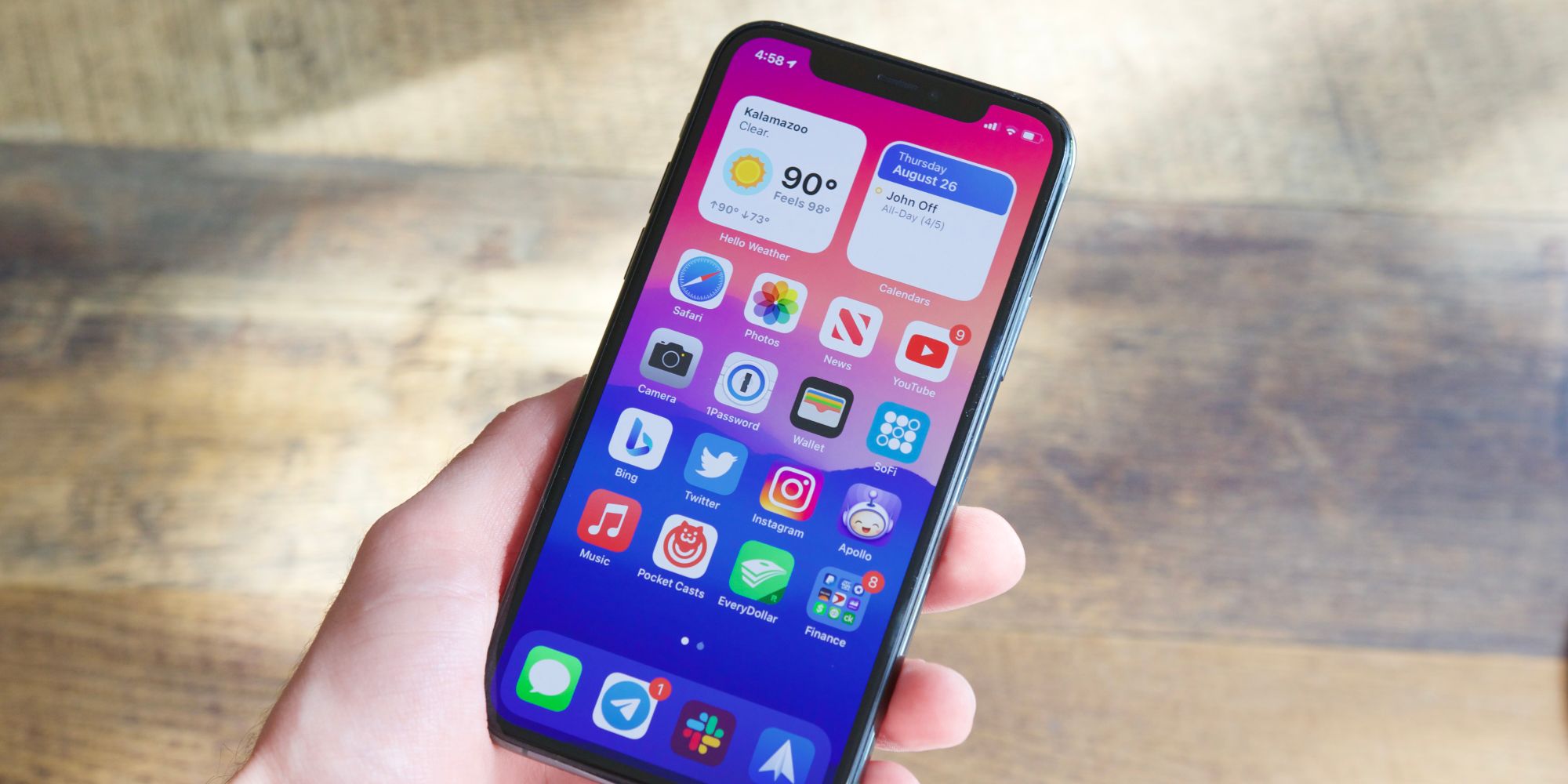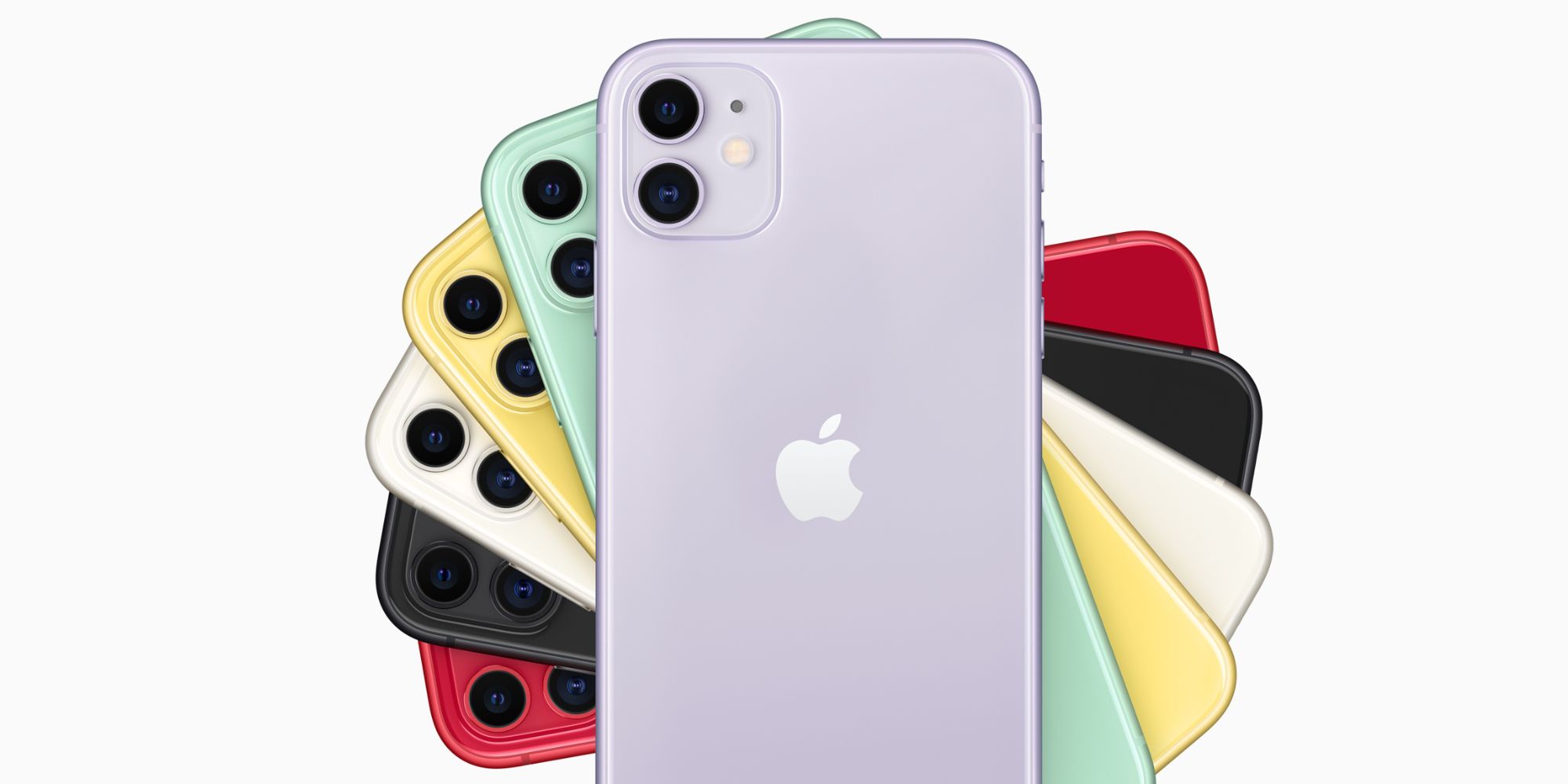Apple never misses a beat with its yearly iPhone releases, and in the case of the iPhone 11, that means its release date is rapidly becoming a thing of the past. A few years here and there are minuscule in the grand scheme of things. Humans are nothing but a tiny blip in the overall timeline of the universe — and even the Earth itself. However, the difference of four, three, or even two years is the equivalent of a lifetime for smartphones.
Modern phones are rapidly changing all the time. Processors get faster, displays get brighter, cameras get more capable, etc. This is exciting for the spirit of innovation, but it also means keeping up with every new smartphone model can be quite a chore. When new handsets are constantly released from Apple, Samsung, Google, OnePlus, and others, it's easy to become overwhelmed. This is especially true if you don't actively follow the smartphone market. One day, the iPhone 8 is the latest and greatest iPhone. The next thing you know, the iPhone 13 has that title.
That brings us to the iPhone 11. It wasn't that long ago when the iPhone 11 was Apple's newest iPhone on the market. In reality, it hasn't been the latest iPhone for a few years. Apple first announced the iPhone 11, iPhone 11 Pro, and iPhone 11 Pro Max during a big press event on September 10, 2019. Pre-orders for the phones opened a few days later on September 13. The iPhone 11 lineup officially came out on September 20, 2019, when Apple opened full retail sales for the phones. The iPhone 11 has since been succeeded by the iPhone 12, iPhone 13, and likely the iPhone 14 later this year.
You Can Still Buy The iPhone 11 In 2022
Despite its age, Apple actually still sells the iPhone 11 at the time of publication. You can currently buy a 64GB iPhone 11 for $499 or a 128GB model for $549. The iPhone 11 doesn't have the best specs or features compared to newer models, but at those prices, it's a solid budget alternative to the iPhone 13. The only thing to keep in mind is that Apple only sells the baseline version of the iPhone 11. The iPhone 11 Pro and iPhone 11 Pro Max were discontinued in 2020 alongside the release of the iPhone 12 family.
Not only is the iPhone 11 still available for purchase, but Apple also continues to update the phone with the newest versions of iOS. It's currently running iOS 15, just like the iPhone 13, and will keep getting those major updates for a few more years to come. Long-term software updates have long been a strong suit for Apple and the iPhone 11 is a perfect example of that prowess.
And that's the iPhone 11! It's been a few years since the phone came out in 2019, but that doesn't mean it's obsolete. It looks good, has capable specs, and continues to be sold and updated by Apple just like any of its younger siblings. That thinking will likely change as a few more years pass and even newer iPhones hit the scene, but that's just the nature of this works. iPhones come out, are flashy and new for a year, and then quickly fade into the background as more powerful models are released. The iPhone 11 had its time in the spotlight, now it's the iPhone 13, and who knows how many more models will do the same over the next few years.
Source: Apple


